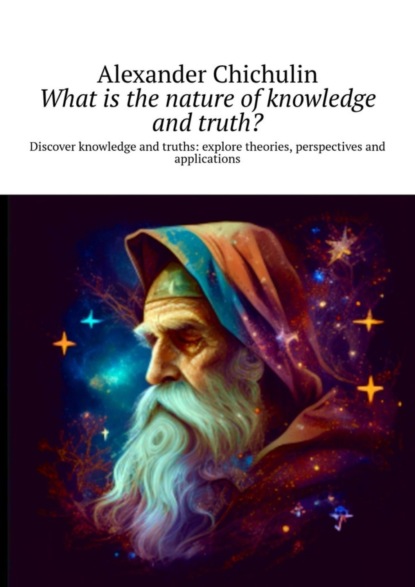One common theory of truth is the correspondence theory of truth. This theory states that a statement is true if it corresponds to reality. For example, the statement «the sky is blue» is true if, in fact, the sky is blue. The correspondence theory of truth emphasizes the importance of empirical evidence and observation in determining whether a statement is true.
Another theory of truth is the coherence theory of truth. This theory states that a statement is true if it coheres with other statements that we believe to be true. In other words, a statement is true if it fits into a coherent system of beliefs or knowledge. For example, if we believe that all mammals are warm-blooded and that dogs are mammals, then we would say that the statement «dogs are warm-blooded» is true because it coheres with our other beliefs.
A third theory of truth is the pragmatic theory of truth. This theory states that a statement is true if it is useful or practical to believe it. For example, if a doctor believes that a particular treatment will cure a patient, and that treatment does, in fact, cure the patient, then the doctor’s belief was true. The pragmatic theory of truth emphasizes the importance of practical outcomes and consequences in determining the truth of a statement.
There are also other theories of truth, such as the deflationary theory, which argues that the concept of truth is too simple to require a theory, and the consensus theory, which argues that truth is determined by social consensus or agreement.
Overall, the different theories of truth emphasize different aspects of what it means for a statement or belief to be true. While no single theory of truth has been universally accepted, understanding the different approaches to truth can help us better understand the nature of knowledge and how we come to know what we believe to be true.
Вы ознакомились с фрагментом книги.
Для бесплатного чтения открыта только часть текста.
Приобретайте полный текст книги у нашего партнера:








 Рейтинг:
0
Рейтинг:
0